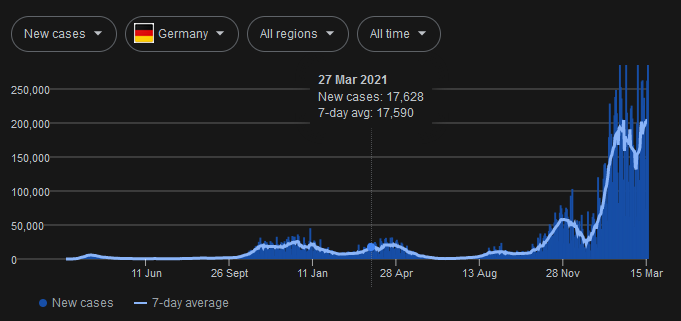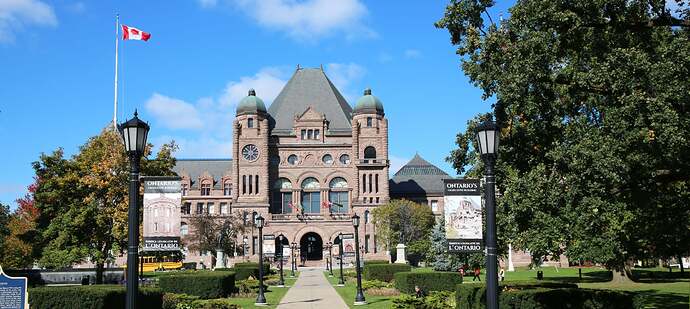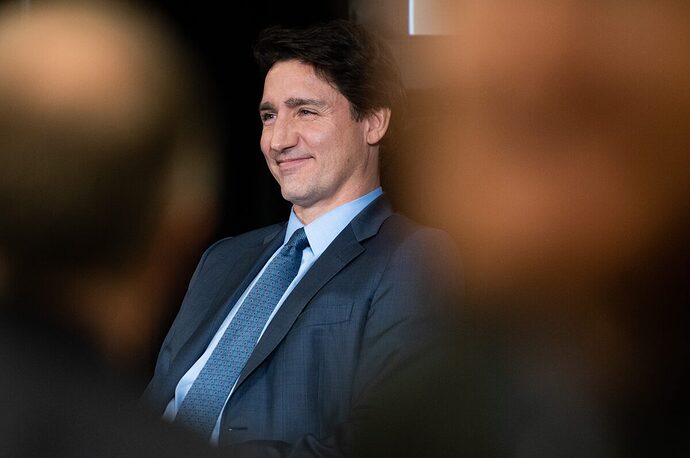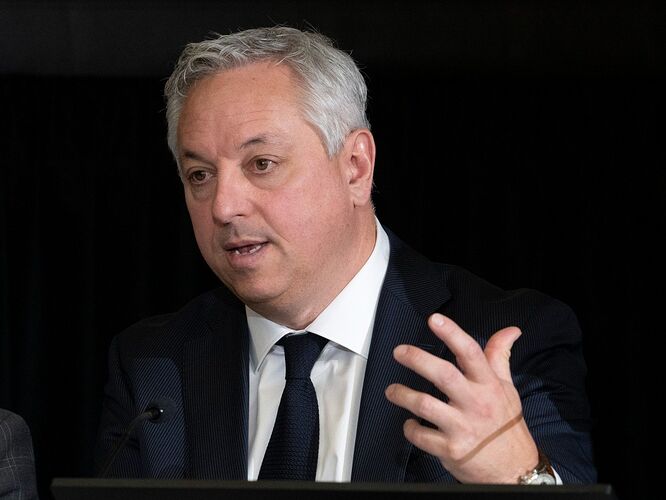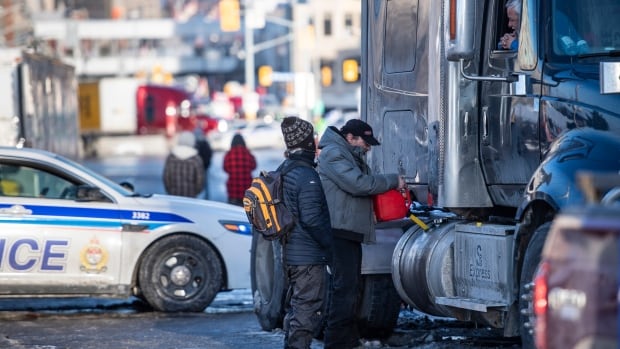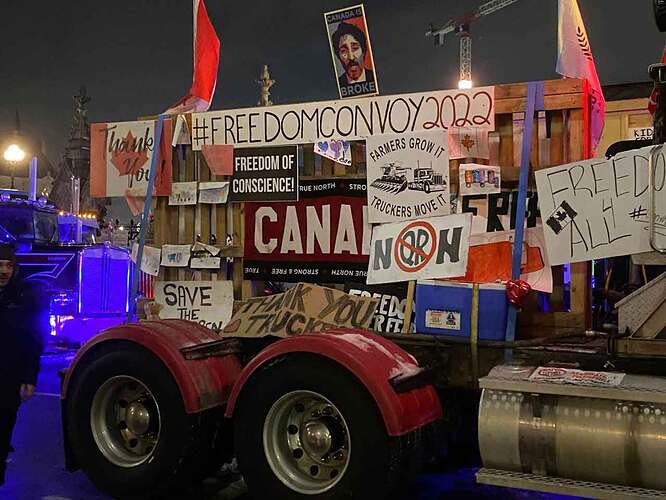Steve is plainly sympathetic to the protesters which may tinge his view. On the other hand, he still lives in Canada and I don’t. Still, let me give a somewhat contrasting perspective, as a Canadian (and American) citizen not particularly sympathetic to the protesters, one who likely has very different politics, but also one who is concerned about both the flawed text of the Canadian Emergencies Act and its invocation in this case…
As suspected, nothing was said or done about the pipeline protest mentioned in my above post. Actually, as it turns out, the pipelines appear to have been exempted from the emergencies act in this occurrence, but luckily there has been no further acts of vandalism or threats in this regard.
Not sure what Steve wanted here. Using the Emergency Act would equally have been an abuse in that case (or equally proof that the criteria needed for its invocation are too easily met), it being nothing the local police couldn’t handle.
However, every province in the country, with the exception of British Columbia, has either dropped mandates and passports, or announced dates for doing so.
It strikes me as a huge stretch to suppose this relaxation had very much to do with the trucker protests. There’s been relaxation all over because the case counts have gone down. See above where Quebec was already relaxing restrictions and their premier’s funny comment offering to let the protesters take credit for in return for staying away from Quebec City. My sense (and that of most polls?) is that the majority of the Canadian public were unsympathetic to the protesters and that there would be no political cost to ignoring them if they weren’t such a pain in the ass to Ottawa residents and if they hadn’t disrupted the auto industry for a few days by blocking the border near Windsor, Ont.
opposition party was against the invocation, as were the other minority opposition parties (we have 5 “major” parties, with our leading party having around 34% of the vote).
This is inaccurate. The house review passed in a vote of 185 to 151. The Liberals do not have a majority government, so if the opposition were all against the invocation this could not have happened. The Conservatives and the Bloc Québécois voted against it, but the NDP and Greens for.
This was disappointing to me, since the NDP was who I always voted for when I still voted in Canadian elections. It’s a really dumb stance for the left to go this way. Singh tries to have it both ways in his speech but plainly is playing politics or is stupider than I thought:
Even if you can’t bring yourself to empathize with protesters from hating their ideology or whatever (which would be too bad) you ought at least be able to imagine how “our people”, the anarchists, environmentalists, BLM, labor activists or whatever, will pay for your newly authoritarian inclinations. E.g. anyone with anarchist leanings in Florida had better word your online postings very carefully:
Next time Canada gets another Stephen Harper type asshole in just wait for, “what’s good enough for Trudeau is good enough for me,” maybe against indigenous people protesting pipelines.
The way this review works is bent. It didn’t go to senate vote cause it was un fait accomplit by the time even the house voted on it. Trudeau cancelled it the next day. Get that? It went into effect the week before, what was it Wednesay or Thursday. They flagged or froze bank accounts and forced tow truck drivers to help clear the protest (otherwise it was a normal police action on a protest with no permit that blocked streets with few serious incidents). Friday the House didn’t convene for review, supposedly for their own security given the proximity of the police action. That largely completed by the end of the weekend. Then Monday the house votes to pass review. Tuesday Trudeau ends the emergency state before the Senate votes. Some months down the line I think a commission is supposed to report on it. For how that goes see the various ethics commissions that have gone against Prime Minister Teflon in the past.
There were lots of stories that came up about frozen bank accounts.
The Emergency Act allowed two major abuses: 1. financial aggression against protesters and their supporters, that with no judicial oversight. That took the form of temporary bank account freezes as well as FINTRAQ flags previously reserved for “terrorism” and money laundering. 2. forcing tow truck operators to tow in Ottawa when they previously refused.
On #1, my mom tells me accounts were not frozen very long. I raised a concern about the account flags based on reading this early CTV news article:
“Kim Manchester, managing director of financial intelligence training company ManchesterCF, told The Canadian Press that flagging accounts in this way could financially ruin those targeted and make it difficult for them to get any financial services in the future.”
My mom also seemed to think that turned out less severe than that early article portrayed, but I’m not satisfied with that answer. I haven’t been able to find new info on possible long term financial harm from these flags, whether Kim Manchester’s concerns were justified.
And on a final note, America now has their own convoy that has departed the west coast, and is headed to Washington.
This never happened as far as I can tell. I heard somewhere that roughly 40 people showed up in D.C., but now can’t find any info at all. I happened to rent a car and drove across part of Massachusetts that day. I saw American flags and a sign in support of “truckers” on one or two overpasses but that was the limit of it with one guy standing over it waving his arms or something. With the war this story is dead.
